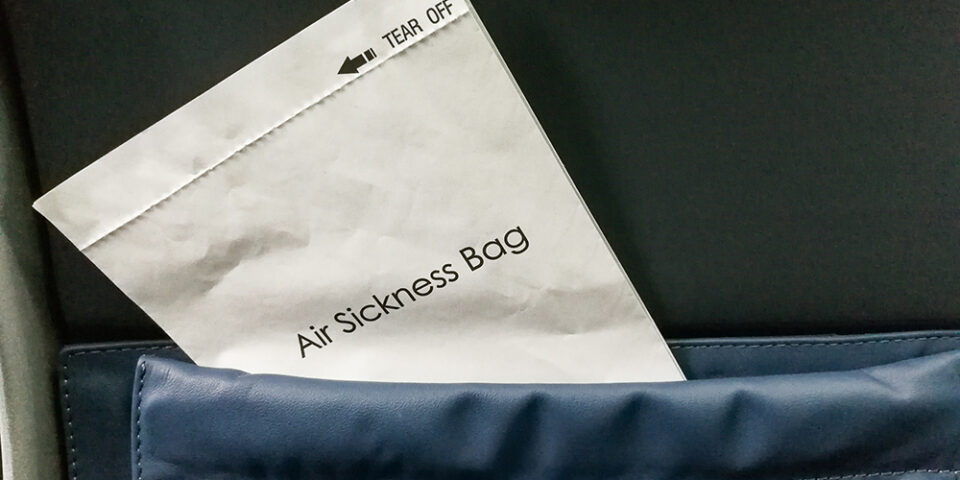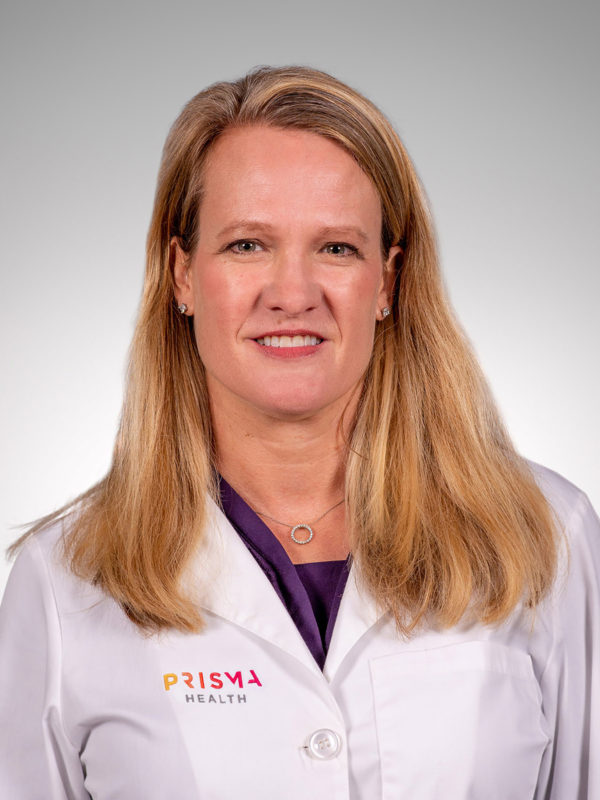How to prevent motion sickness in planes, trains and automobiles
One of the most common problems when it comes to vacations and road trips is how to handle motion sickness, especially in children. Pediatrician Ashley Flesher, MD, has a few ideas on how to prevent motion sickness for anyone who struggles with nausea while driving, flying or simply riding along as a passenger.
What causes motion sickness?
“Motion sickness happens as a result of your brain receiving different cues from its sensory systems,” said Dr. Flesher. “A good example would be someone in a car looking down, and so not seeing any movement, but their inner ear is receiving cues that suggest movement is happening. The brain becomes confused, and motion sickness is a common result.”
People dealing with motion sickness may feel mild or strong nausea, dizziness, break out in a cold sweat or vomit.
Are children more likely to get carsick than adults?
“Children are more likely to experience car sickness than adults,” said Dr. Flesher. “The time someone is most likely to experience carsickness is between 2 and 12 years old.”
Dr. Flesher noted that some studies have also suggested that children who are prone to motion sickness are more likely to have migraines when they’re older.
Are there certain places to sit that are more likely to make you carsick?
“For children who struggle with becoming carsick, the best place to sit is in a car seat or booster seat in the middle of the backseat. Being settled in the middle makes it easier for them to look forward toward the road, which reduces motion sickness.”
When it comes to flying, choosing seats over the wings or toward the front of the plane is more likely to ‘feel’ stable, lessening incidences of airsickness. Those who sit at the back of the plane are more likely to get airsick.
How does motion sickness medicine work?
“Motion sickness medicines like Dramamine or Children’s Dramamine are antihistamines,” said Dr. Flesher. “They work by decreasing the histamine response that contributes to nausea and also help to calm the inner ear.”
Since the difference between your body feeling movement and not necessarily visibly seeing it is a big part of what causes motion sickness, lessening those signals helps.
Many medicines that combat motion sickness can cause a feeling of drowsiness or impaired reaction times. It’s very common for children given motion sickness medicine to fall asleep shortly after.
Are there motion sickness medicines that don’t make you drowsy?
“The fact that motion sickness medicines are antihistamines does mean that drowsiness is simply more likely when using them,” said Dr. Flesher. “There have been some studies that suggest that acupressure bands on the wrist can be beneficial to lessen motion-related nausea and dizziness.”
Ginger candies also help but would be a choking hazard in children under the age of 4.
What can parents do to prevent motion sickness other than giving medication?
“There are a few steps parents can take to minimize the effects of motion sickness in children,” said Dr. Flesher. “First, eating a light meal or snack prior to traveling can help. Just be sure not to eat a big, heavy meal or to travel on an empty stomach.”
Dr. Flesher also advised to not give your children screens, have them read books or do other activities that would involve looking down. Instead, place your child in the middle seat so they can look out the front window instead of the side windows, and get fresh air when possible.
“If your child starts to complain about their stomach hurting, feeling sick or dizzy or simply saying they don’t feel well, pull off the road as soon as it’s safe to do so,” said Dr. Flesher. “Have the child get out of the vehicle and lie down with a cool cloth on their forehead.”
If you have a child prone to getting carsick, make sure you keep a ‘carsick kit’ in the car, especially on long road trips. Pack a bag to keep in the backseat with towels, paper towels, plastic bags, a bottle of water for sipping and most importantly, a comfortable change of clothes.
Get kid-friendly care
Our pediatric experts can help your kids and teens be their healthiest.
Find a Pediatric Doctor

